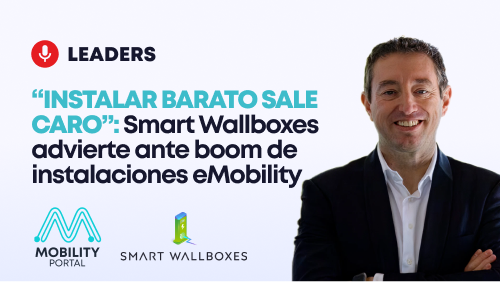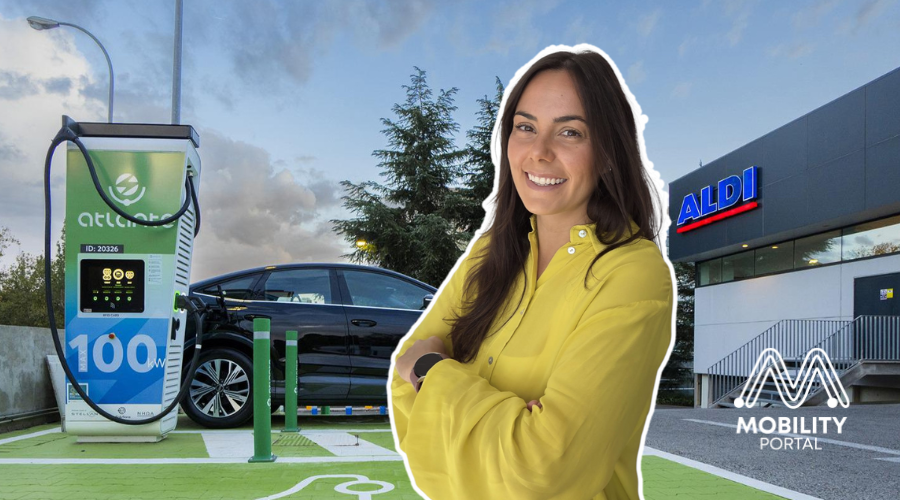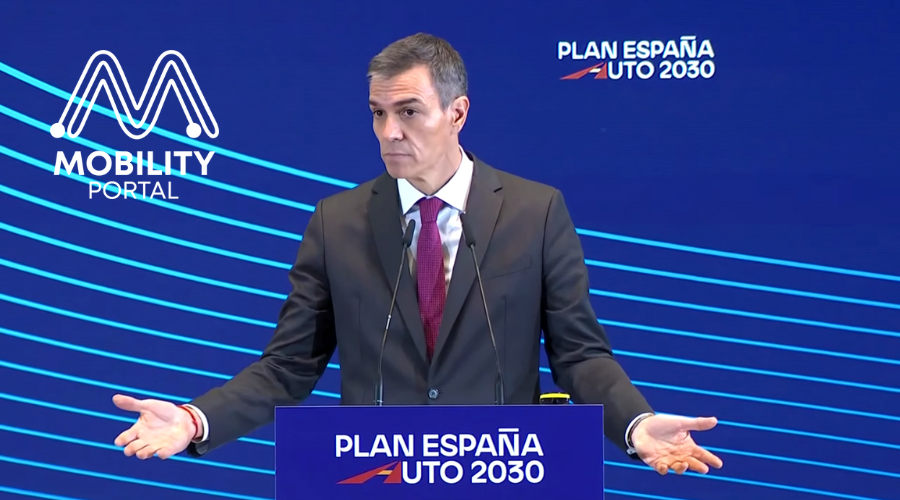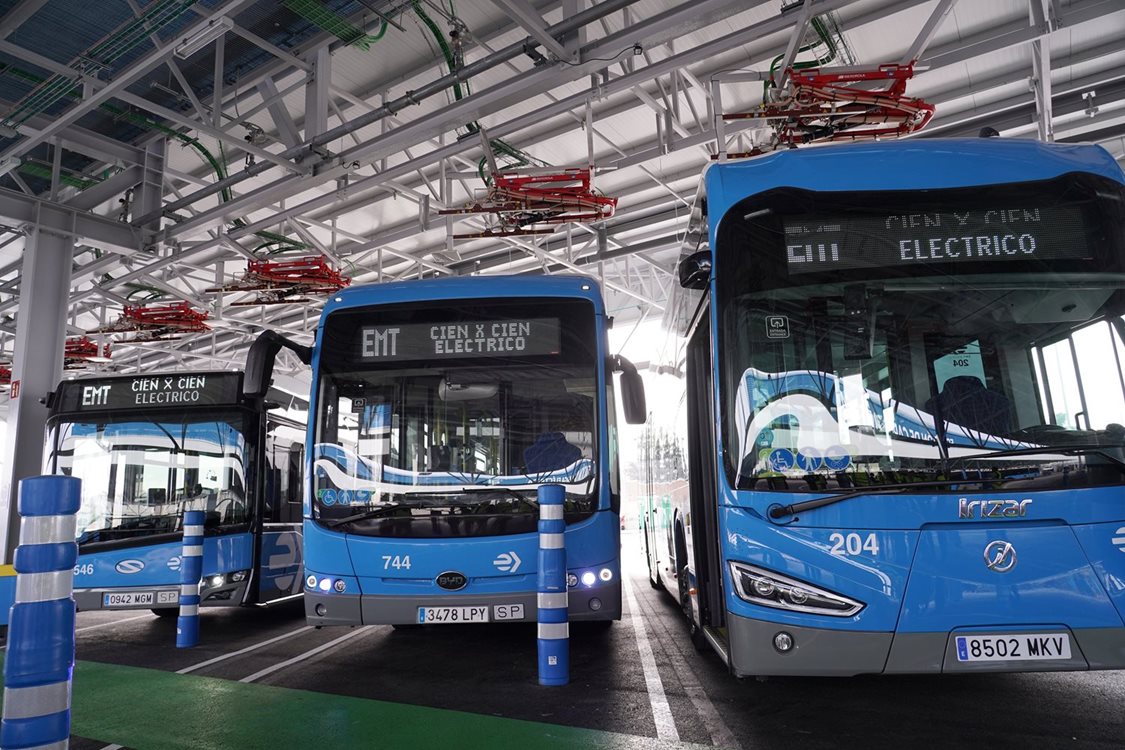Electric mobility in Spain is currently experiencing a boom, according to data and insights from Smart Wallboxes.
August ended with over 10,000 registrations of electrified passenger cars (BEVs + PHEVs), accounting for one in every four vehicles sold in the country.
This growth in the EV fleet is placing unprecedented pressure on the charging infrastructure.
Spain now boasts more than 48,000 public charging points, with over 1,300 new connectors installed between June and August alone.
The leap is particularly evident in fast and ultra-fast charging, segments that have become the focus of investment from operators, energy companies, and local councils seeking to meet rising demand.
Don’t miss the Smart Wallboxes “Leaders” series:
In this context, installation quality is emerging as a decisive factor. The difference between a robust, reliable market and one plagued with issues largely comes down to how and by whom installations are carried out.
“Installing on the cheap ends up being costly,” warns Elis Álvarez, CEO of Smart Wallboxes, during his participation in the “Leaders” series by Mobility Portal. “A customer might save 100 euros, but they’re risking their vehicle, their home, and their peace of mind.”
The company was recently recognised as a top installer by Wallbox, an acknowledgement of their work that grants them access to premium products and technical support.
For Álvarez, this recognition is more than a commercial distinction — it reflects the path the entire sector should follow.
“Sleeping soundly means knowing your charger was installed with certified materials by qualified personnel,” he stresses.
His criticism targets certain installers who lower quotes by using substandard, non-compliant materials.
The risks are clear: fires, short circuits, or irreversible damage to the vehicle.
Smart Wallboxes is committed to a model where customers are not dealt with by salespeople, but by certified technicians.
“Our job isn’t to sell more kilowatts for the sake of it, but to install what the user actually needs,” says Álvarez.
That educational approach is gaining traction at a time when myths abound — users asking for three-phase chargers despite only driving 30 km per day, or oversizing power unnecessarily.
The power outage that affected Spain several months ago also shifted demand.
“Many realised that even if they have solar panels, they’re still left in the dark if there’s a blackout and no backup system,” he explains.
Since then, interest in battery-backed installations and energy storage systems has grown significantly.
The result: manufacturers facing stock shortages, and a market beginning to understand charging as part of a broader ecosystem, where self-consumption and storage are inseparable components.
Smart Wallboxes and the project boom
This acceleration isn’t limited to private homes. Industrial companies, pharmaceutical firms, and residential communities are leading projects with ten or more chargers at a single site.
Smart Wallboxes, for example, recently installed 23 chargers at a pharmaceutical plant.
“We never stopped installing, even when the MOVES programme stalled earlier this year,” Álvarez confirms.
While the MOVES Plan caused some uncertainty at the start of 2025 — with delayed applications and depleted funds in several regions — the sector regained momentum in the second half of the year.
In Catalonia, for instance, the vehicle subsidies have run out, but funding for charging infrastructure remains available.
For the CEO of Smart Wallboxes, the usefulness of the programme is undeniable, particularly because it ensures installations are legally compliant. However, he believes public policy needs reform:
“It would be far more effective to apply the subsidy directly via a VAT reduction on vehicle purchases.”
In his view, such a measure would not only simplify the process, but also boost sales and help consolidate the transition to electric mobility.
With over 59 active charger manufacturers in the country and a growing number of network operators, competition is intensifying.
For Álvarez, the key lies in combining technical advice, high-quality materials, and regulatory compliance.
“The boom is well underway, but it must be underpinned by safety and user confidence,” he concludes.
DISCOVER MOBILITY PORTAL DATA
Explore Mobility Portal Data, a new, exclusive market intelligence platform offering reliable data and key reports to support smart decision-making across the automotive sector — covering both combustion and electric vehicles as well as charging infrastructure.
Research, trend analysis, and well-organised statistics presented with clarity and precision, along with up-to-date insights — all just a click away. With Mobility Portal Data, better decisions are just around the corner.
READ MORE
-
Atlante y su “modelo híbrido”: generación, almacenamiento y recarga ultrarrápida para un sistema más resiliente
Atlante acelera su despliegue en España y en diálogo con Mobility portal, Inés Mackey, Chief of Staff de Atlante Iberia define las prioridades de la empresa y su apuesta por la interoperabilidad de la mano de Charge League.
-
Spain Auto 2030: a point-by-point look at the plan set to redefine the eMobility landscape
Spain has entered a new phase in its industrial strategy for electric mobility. The Government has unveiled Spain Auto 2030, a roadmap designed to mobilise €30 billion over the next five years, reshaping the centre of gravity of the electric vehicle market through fresh incentives, a centralised management model, targeted investment in charging infrastructure and…
-
EMT Madrid licita 120 nuevos buses eléctricos: inversión de 79,35 millones y entregas entre 2026-2027
Con esta incorporación, Madrid refuerza su estrategia de descarbonización y consolida una de las flotas eléctricas urbanas más grandes de Europa.











